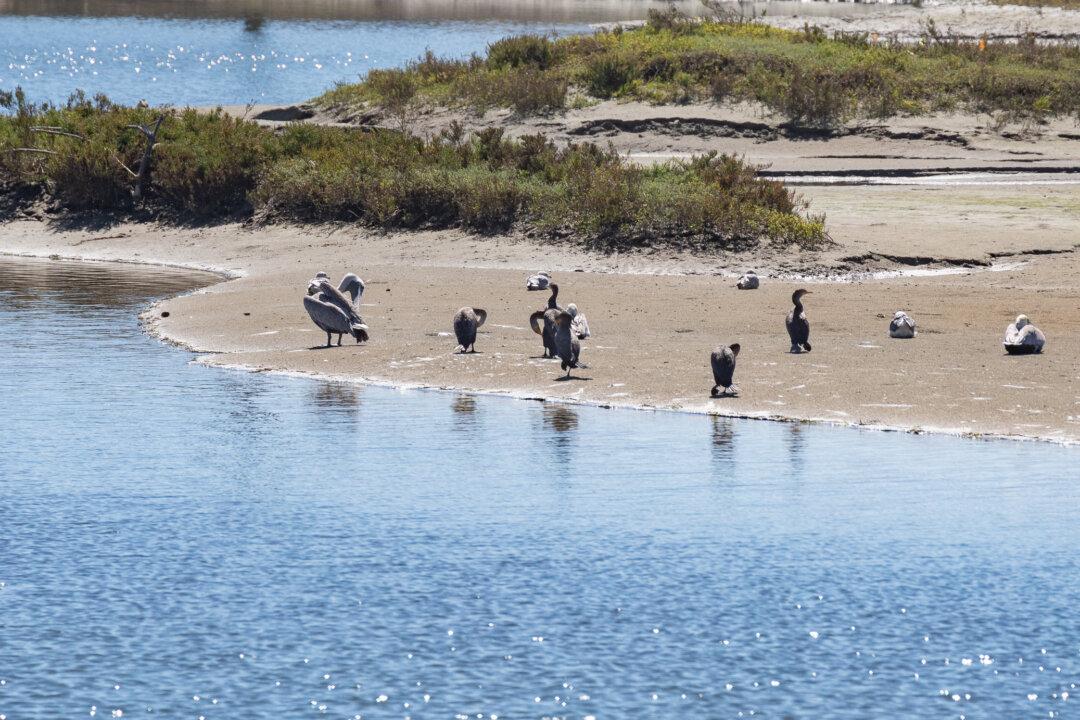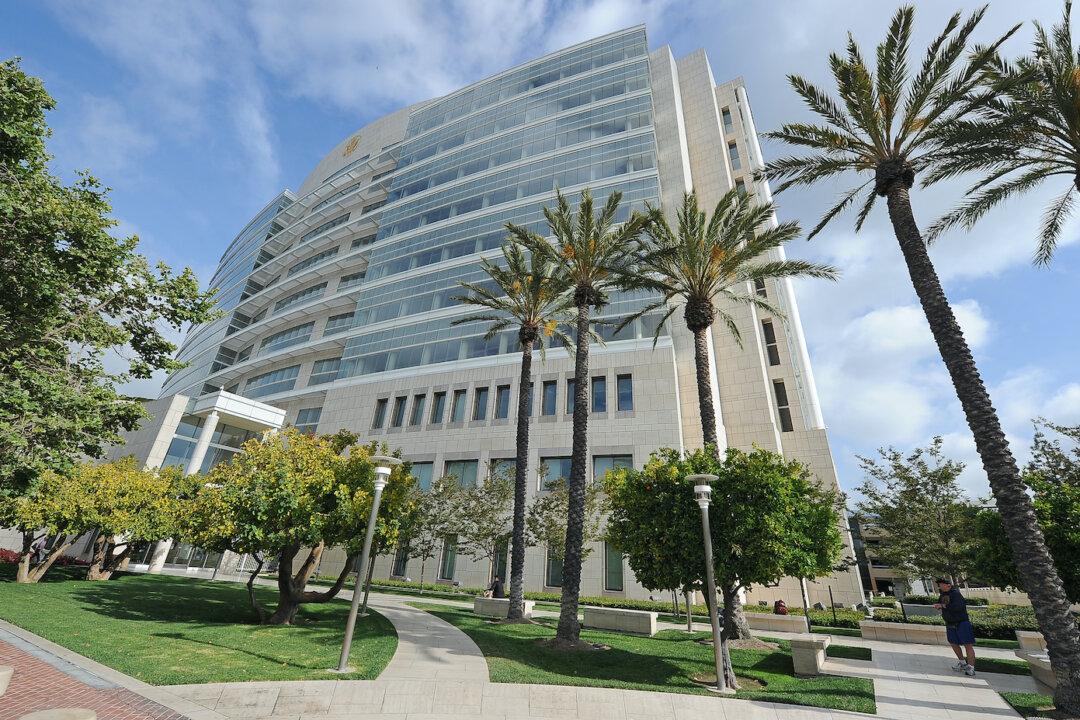After years of consideration and failed attempts, the Huntington Beach City Council is again considering ownership of the Bolsa Chica Ecological Preserve.
The city council last decided not to move forward with an annexation in 2014. This year the council directed staff to prepare an updated study to determine the feasibility of the annexation.




